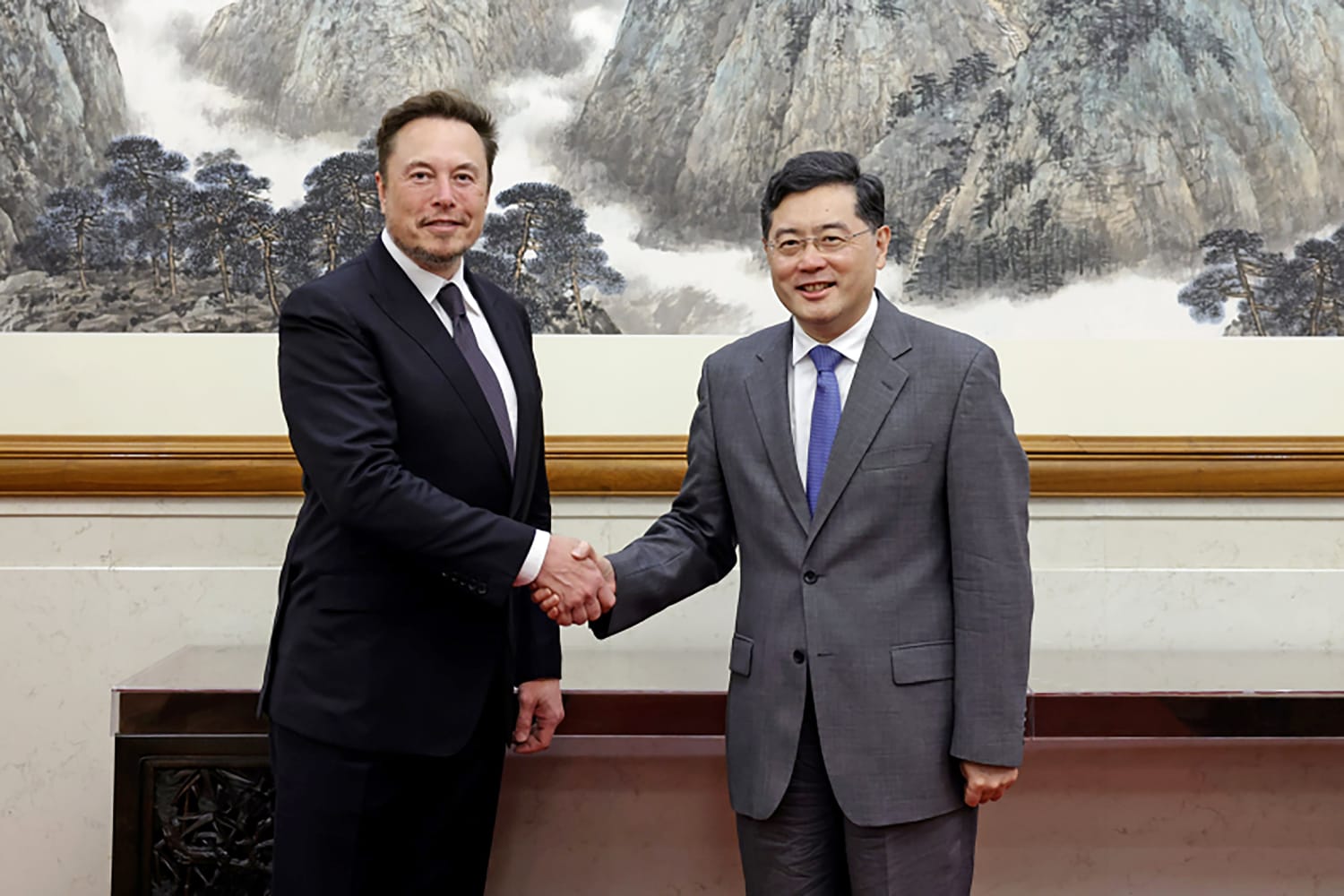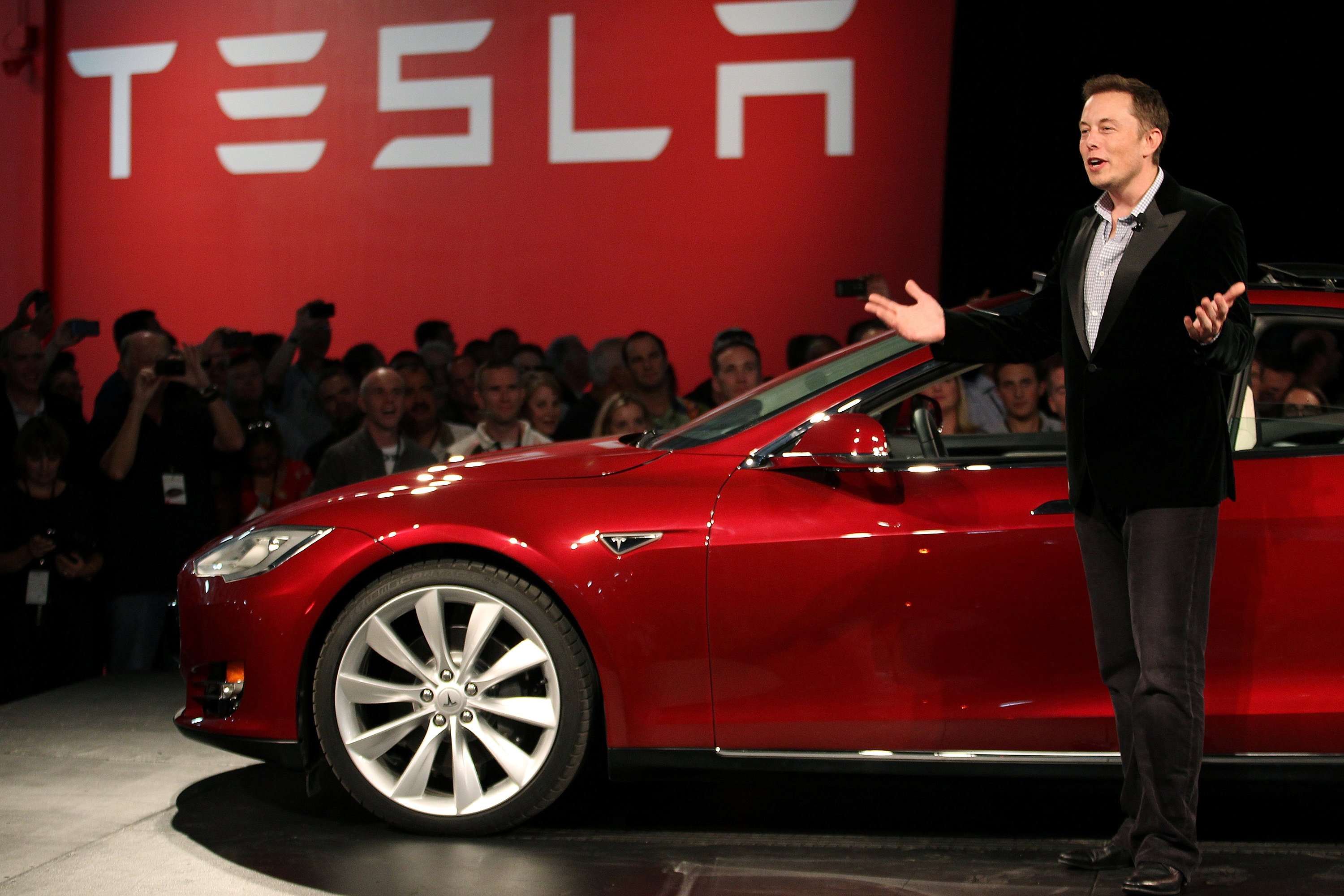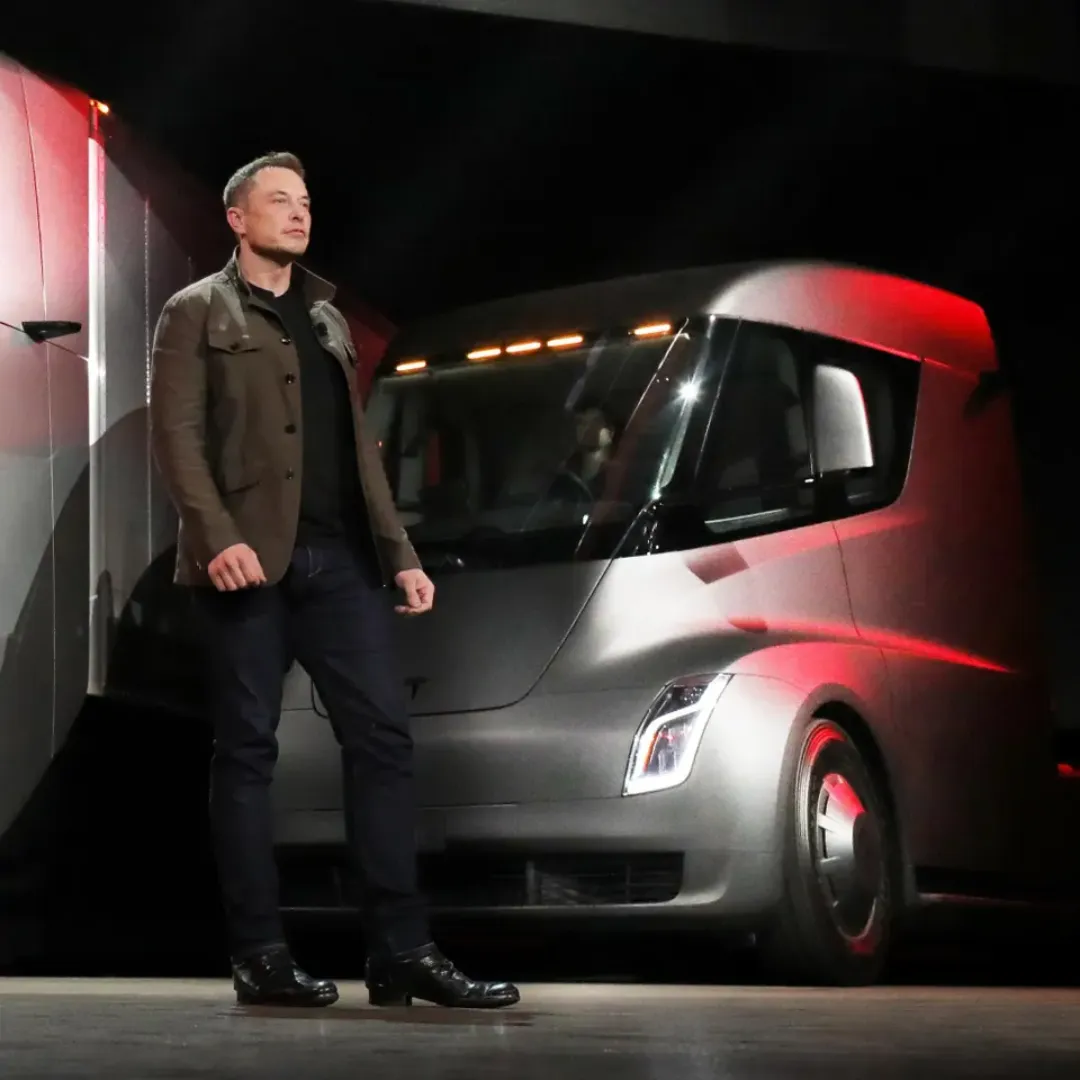
Elon Musk has strong opinions about the way many of the world's countries should be governed. Whether it’s his stances on European elections, sparring with his native South Africa’s government, or calling for drastic changes in Ukraine, Musk rarely holds back from voicing his perspective on the global stage.
His involvement in American politics is also notable, having publicly criticized various aspects of U.S. federal bureaucracy and its handling of numerous issues. However, amidst these outspokenness and controversies, one country seems to get special treatment from Musk — China.
In his own words, Musk has expressed that he is “kind of pro-China,” a stance that is relatively rare for an American billionaire, especially considering the current geopolitical tensions between the U.S. and China.
While Musk is known for his robust commitment to free speech, his apparent exemption for China’s strict censorship laws stands in stark contrast to this value. Musk has also defended many of China’s government policies, taking a far more positive stance compared to other business leaders who might publicly challenge the Chinese regime.

From a business perspective, this alignment is understandable. China plays an indispensable role in Musk’s automotive company, Tesla, not only as a key manufacturer of vehicles but also as a critical consumer market. Yet, Musk's position on China isn't entirely unique among Western business leaders.
Many tech CEOs, particularly in Silicon Valley, have been keen to maintain good relations with China due to the immense financial opportunities the country offers.
Isaac Stone Fish, CEO of Strategy Risks, a consultancy focused on navigating the risks of doing business in China, has pointed out that Musk’s comments on China aren’t necessarily out of the ordinary for a Western CEO. Musk’s openness about his pro-China stance makes him stand out because he has chosen to vocalize his views on platforms like Twitter, something that other CEOs, such as Apple’s Tim Cook, do not typically do. Cook, for example, is not seen weighing in on American political issues or international conflicts, preferring instead to focus on business matters, especially when dealing with a major market like China. Musk’s tendency to dive into political matters publicly, however, adds an extra layer of intrigue to his business strategy, especially given his connections to a highly controversial government.
Despite the pushback Musk’s pro-China comments may elicit, his relationship with China is not just ideological; it’s deeply tied to the success of Tesla. The electric vehicle (EV) market in China is both a lucrative and essential component of Tesla's business model.

Musk’s decision to establish a Shanghai “gigafactory” in 2019 was a strategic move, considering the country’s massive potential. Unlike many foreign automakers who typically enter China through joint ventures, Musk made the bold decision to open Tesla's first wholly foreign-owned factory in the country. This move was not only groundbreaking for Tesla but also significant for China’s automotive industry, which had long imposed joint-venture requirements on foreign companies.
This factory quickly became Tesla’s largest manufacturing site, contributing to half of the company’s global car production in the previous year. Musk has consistently praised the work ethic of his Chinese employees, even going as far as comparing their dedication to that of American workers, particularly in a remark about the Chinese workforce "burning the 3 am oil."
His praise for the factory's efficiency and resilience was particularly pointed when workers were forced to sleep at the factory during the peak of COVID restrictions, further demonstrating the company's deep ties to China.
In addition to this manufacturing success, China is also Tesla’s second-largest market, with sales in the country rising by 8.8 percent in 2024. This is particularly notable considering the fact that Tesla’s global sales saw a decline that same year. The fact that Tesla's success in China continues to grow amidst global challenges highlights just how critical the Chinese market is to Musk’s vision for the future of electric vehicles.

Tu Le, an expert on the Chinese car market, underscores the importance of China to Tesla, noting that it’s the only market in which the company continues to grow. As more than half of the vehicles sold in China are now electric, China is solidifying its position as the global leader in EV sales, with the country accounting for over 60 percent of global EV sales last year.
In the process, Musk has developed close relationships with China’s top leaders, including Premier Li Qiang, the country’s No. 2 official. Musk even reportedly received an offer for a Chinese green card in 2019 during a meeting with Li, further cementing the mutual understanding between the billionaire and Chinese government officials.
Despite Tesla’s dominance in China, Musk’s dealings with the Chinese government have led to friction, particularly regarding the issue of data security. The Chinese government requires that data from Chinese drivers not leave the country, which has placed a limitation on Tesla’s ability to use Chinese data for its self-driving technology.
:max_bytes(150000):strip_icc()/GettyImages-2203208993-16abe8d9e96b411badd403cf60aea7bb.jpg)
Nevertheless, Musk continues to push forward in an attempt to secure regulatory approval for Tesla’s full self-driving technology in China, even while Chinese competitor BYD has made similar features available for free on its own vehicles.
Musk’s relationship with China extends beyond business and into cultural influence. His image as a real-life Tony Stark has made him a somewhat iconic figure in the country. Musk’s mother has also become somewhat of a celebrity figure in China, which only strengthens Musk’s personal brand. The ongoing collaboration between Tesla and China has fostered a unique, symbiotic relationship.
For China, Tesla represents a prime example of how foreign investment can stimulate the local market for electric vehicles. For Musk, China is a vital part of Tesla’s long-term success and growth, with the country playing a central role in his efforts to lead the world into a new age of sustainable energy.

Tesla’s continued success in China is a testament to how both parties—Tesla and the Chinese government—benefit from this collaboration. Yet, even as Tesla remains an iconic brand in the global electric vehicle market, the competition in China is fierce, with domestic players like BYD increasingly challenging Tesla’s market share.
Tesla may still hold a premium brand status in China, but its sales are starting to slip as local companies ramp up their production of high-quality EVs. For Musk, however, maintaining a strong relationship with China will remain crucial, as the country represents the linchpin of his company’s growth strategy.
In conclusion, Musk’s public affection for China and the Chinese government is not just political posturing but an essential component of his business success. As Tesla continues to expand its footprint globally, China will remain a critical partner, providing both production capabilities and a massive consumer market.
For Musk, China is more than just another country—it’s a crucial pillar in his vision for the future of electric vehicles and sustainable energy. Without China, Tesla's future success would look far less certain.
-1742655701-q80.webp)


-1743213933-q80.webp)